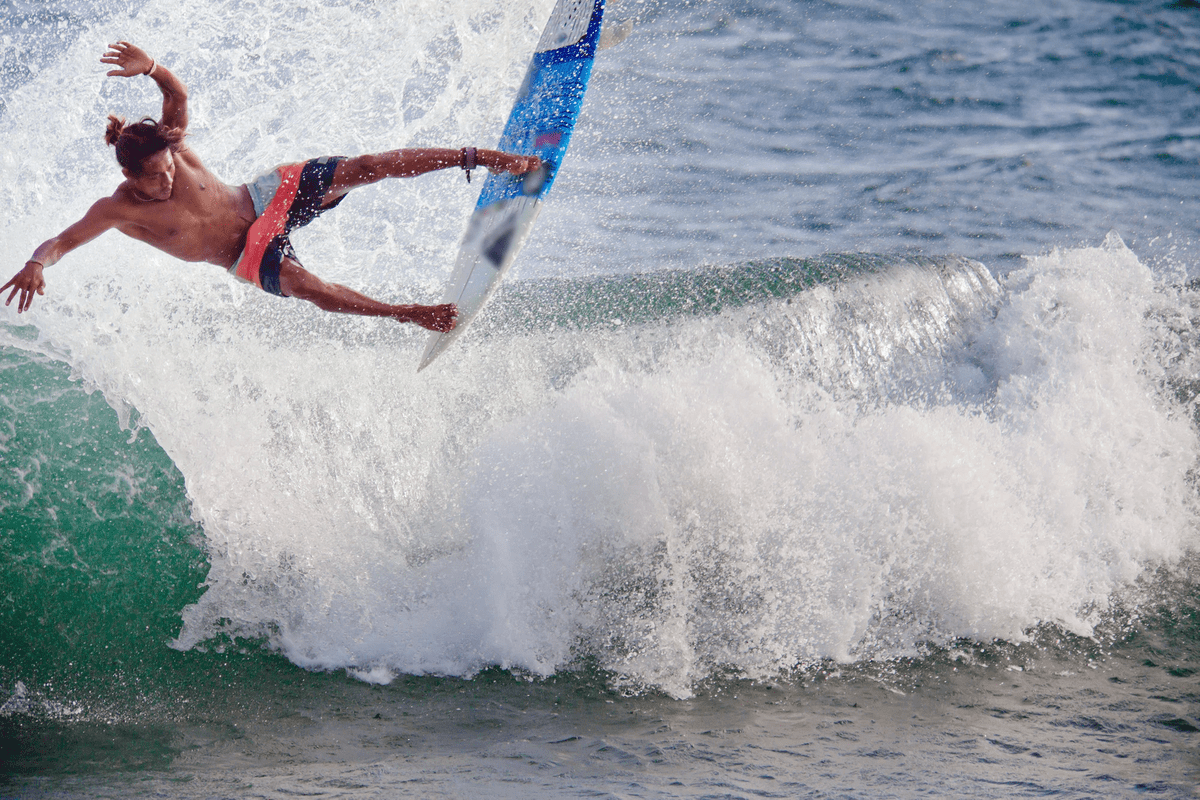
Surfing is not only a thrilling and enjoyable activity, but it also requires a certain level of safety and precaution. One of the essential tools for every surfer is a surfboard leash. This simple yet crucial piece of equipment ensures that your board stays within arm's reach and prevents it from becoming a hazard to yourself and others in the water. With a wide variety of surfboard leashes available in the market, it can be overwhelming to choose the right one for your needs. In this article, we will guide you on how to choose the perfect surfboard leash for maximum safety and performance.
Understanding the Basics of Surfboard Leashes
Before diving into the factors to consider when buying a surfboard leash, let's first understand its basic components and purpose. Surfboard leashes are cords that attaches your board to your ankle or calf. It is designed to keep your board close to you, preventing it from being swept away by strong currents or waves. In case you fall off your board, the leash will keep it from hitting other surfers or objects in the water. Surfboard leashes are available in various lengths, thicknesses, and materials, each catering to different surfing styles and conditions.
Length and Thickness
The length and thickness of your surfboard leash are crucial factors to consider. The general rule of thumb is to choose a leash that is the same length as your board or slightly shorter. A longer leash can increase the risk of tangling or dragging, while a shorter one might not give you enough space to maneuver your board. Additionally, the thickness of the leash also plays a significant role. A thicker leash is more durable and can withstand powerful waves, but it can also cause drag and affect your performance. On the other hand, a thinner leash offers less drag but may not be suitable for heavy waves.
Material
The material of your surfboard leash will determine its strength, weight, and flexibility. The three most common materials used for leashes are urethane, polyurethane, and stainless steel. Urethane is the most popular material as it is strong, lightweight, and flexible, making it suitable for all types of surfing. Polyurethane is stronger and more durable, but it is also heavier and less flexible. Stainless steel leashes are the most durable and can withstand extreme conditions, but they are also the heaviest and most rigid, making them more suitable for big wave surfing.
Type of Surfing
Your surfing style and conditions will also influence your choice of surfboard leash. For example, if you are a beginner or prefer to surf in smaller waves, a straight leash would be suitable. It is attached to the tail of your board and is ideal for keeping the board close to you. However, if you are an advanced surfer who likes to perform tricks and maneuvers, a coiled leash is a better option. The coiled design reduces drag and minimizes the risk of tangling, giving you more freedom to move around.
Additional Features to Consider
Apart from the basic components, there are a few other features to consider when choosing a surfboard leash. These include the ankle cuff, swivels, and rail saver. The ankle cuff should be comfortable and secure, with an easy-to-use release system in case of emergencies. Swivels prevent the leash from tangling, while a rail saver protects the board from wear and tear where the leash attaches to it.
In conclusion, a surfboard leash is a crucial piece of equipment that ensures your safety and enhances your performance while surfing. By understanding the basics and considering factors such as length, thickness, material, and type of surfing, you can choose the perfect leash for your needs. Remember to always inspect and replace your leash regularly to avoid any accidents. So, the next time you hit the waves, make sure to have the right surfboard leash for a safe and enjoyable surfing experience!